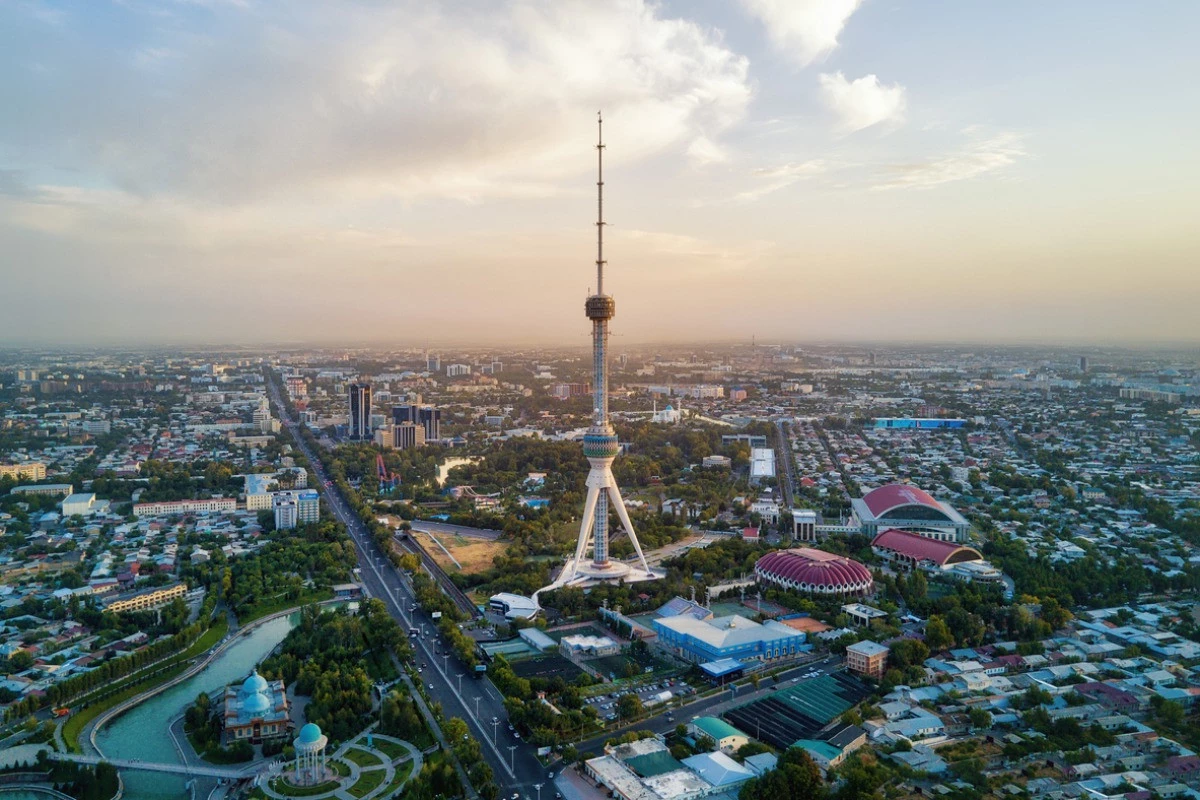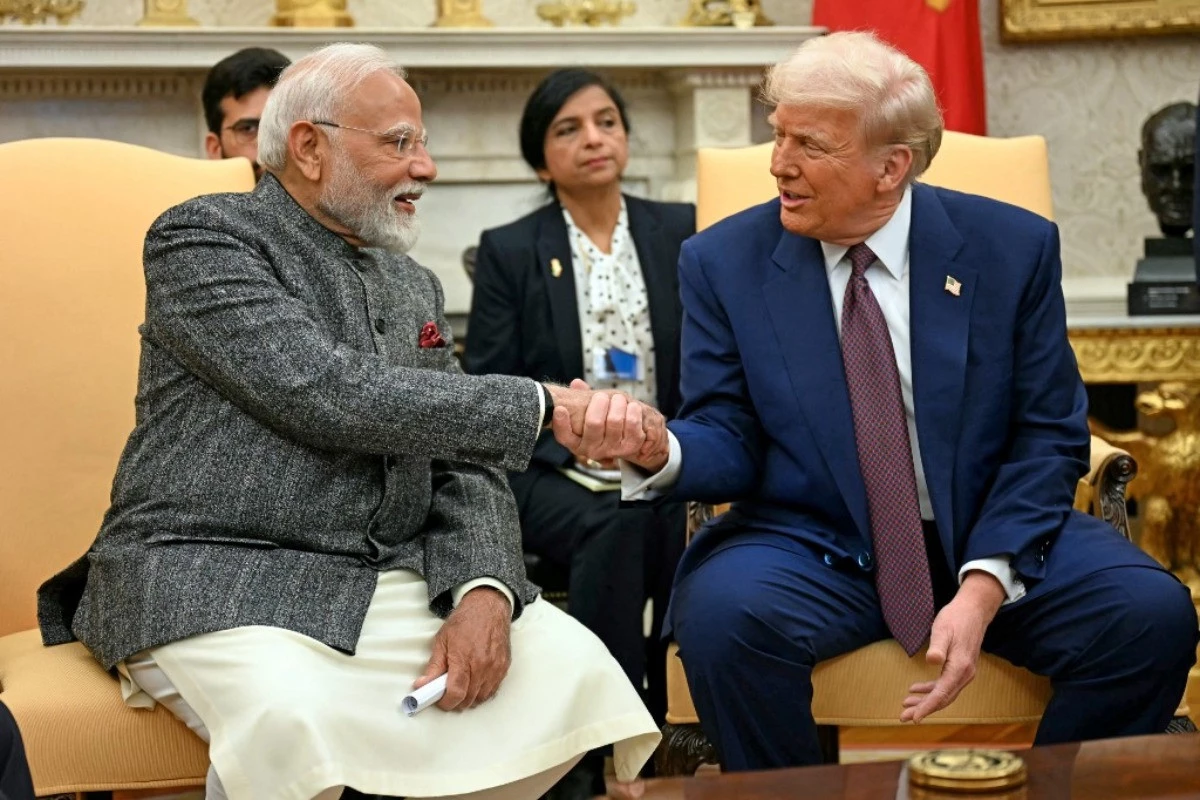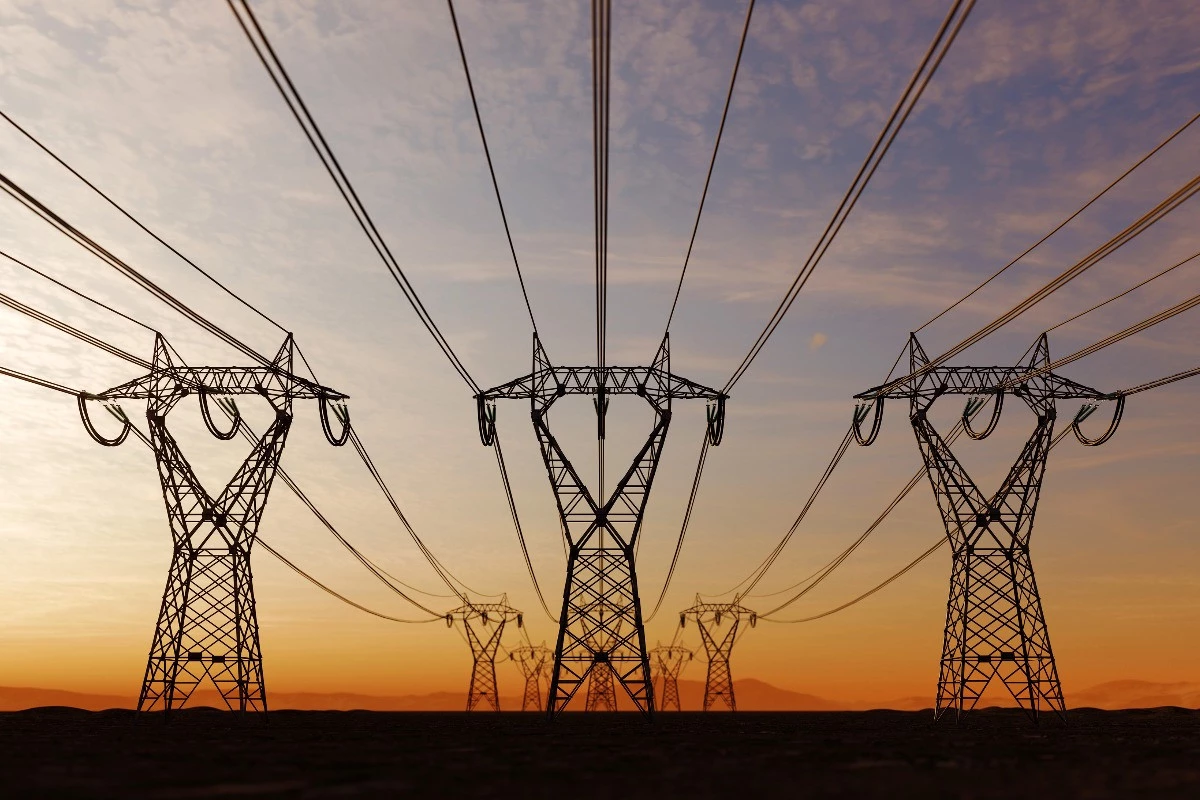According to the official Jordan News Agency, as quoted by the director general of the National Electric Power Company, Amjad Al-Rawashdeh, the electrical interconnection between Jordan and Iraq has commenced operations. Al-Rawashdeh stated that the line will be shared between the Jordanian Risha and the Iraqi Rutba stations, operating at a voltage of 132 kilovolts to supply electricity to the Rutba area near the border with Jordan.
Additionally, the Iraqi News Agency reported that Electricity Minister Ziad Ali Fadel inaugurated the electrical interconnection line with Jordan.
Last February, Jordan and Iraq signed a document to provide the Iraqi side with electricity with an initial capacity of 40 megawatts. Furthermore, the two countries signed a memorandum of understanding in December 2018 to collaborate on electricity matters and establish an electrical interconnection network.
In September 2020, a contract for the sale of electricity was signed between the two countries, involving the construction of a subtraction transmission line. This line links the Risha substation on the Jordanian side to the Al-Qaim substation on the Iraqi side, spanning 6 km east of Jordanian territory and 330 km west of Iraqi territory.
In October of the same year, Jordanian Prime Minister Bisher Khasawneh and his Iraqi counterpart, Mustafa al-Kadhimi, laid the foundation stone for the electrical interconnection project between the two countries.
Iraq faces a gap in electricity production, with consumption exceeding 23,000 megawatts compared to a previous production of only 19,000 megawatts.



